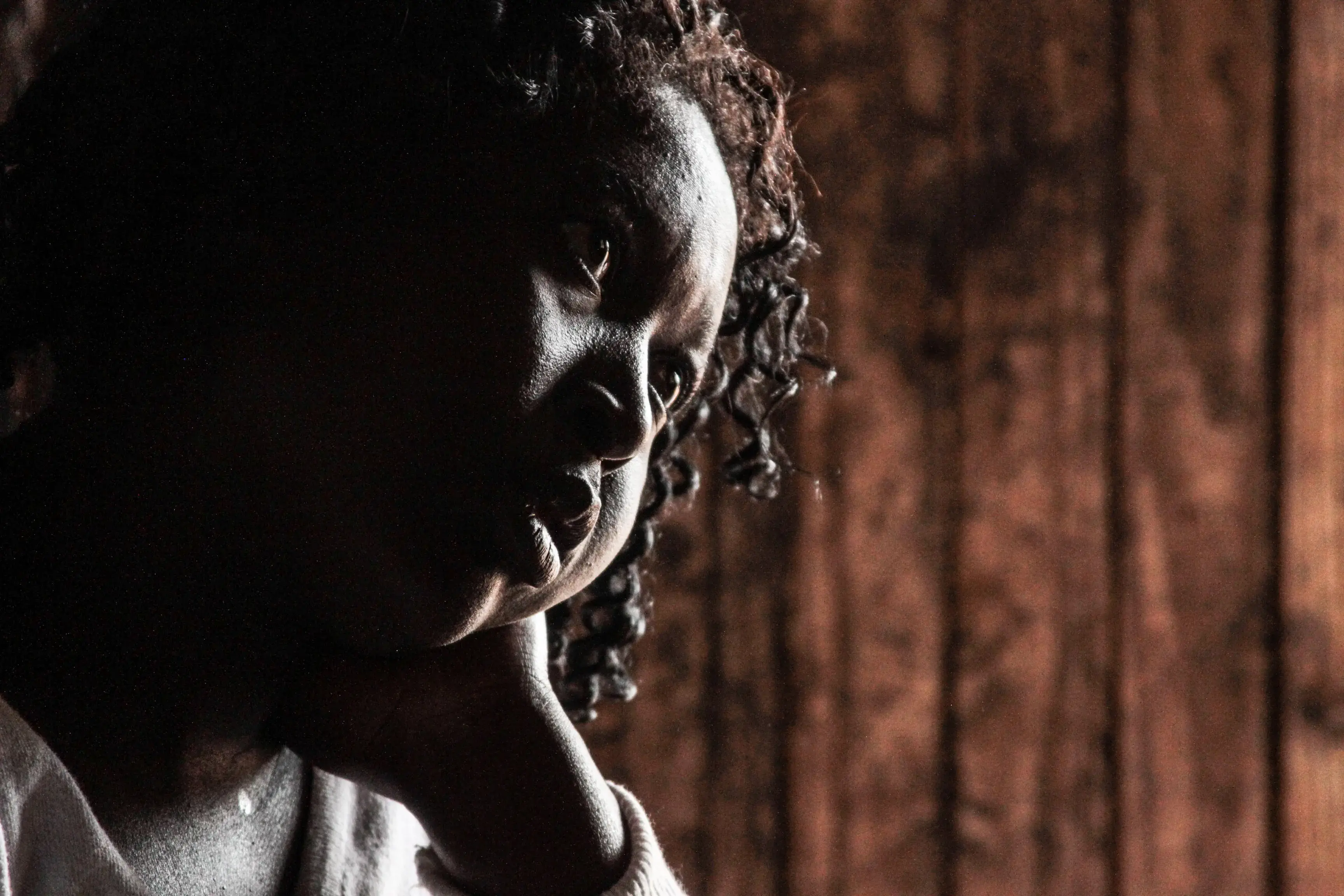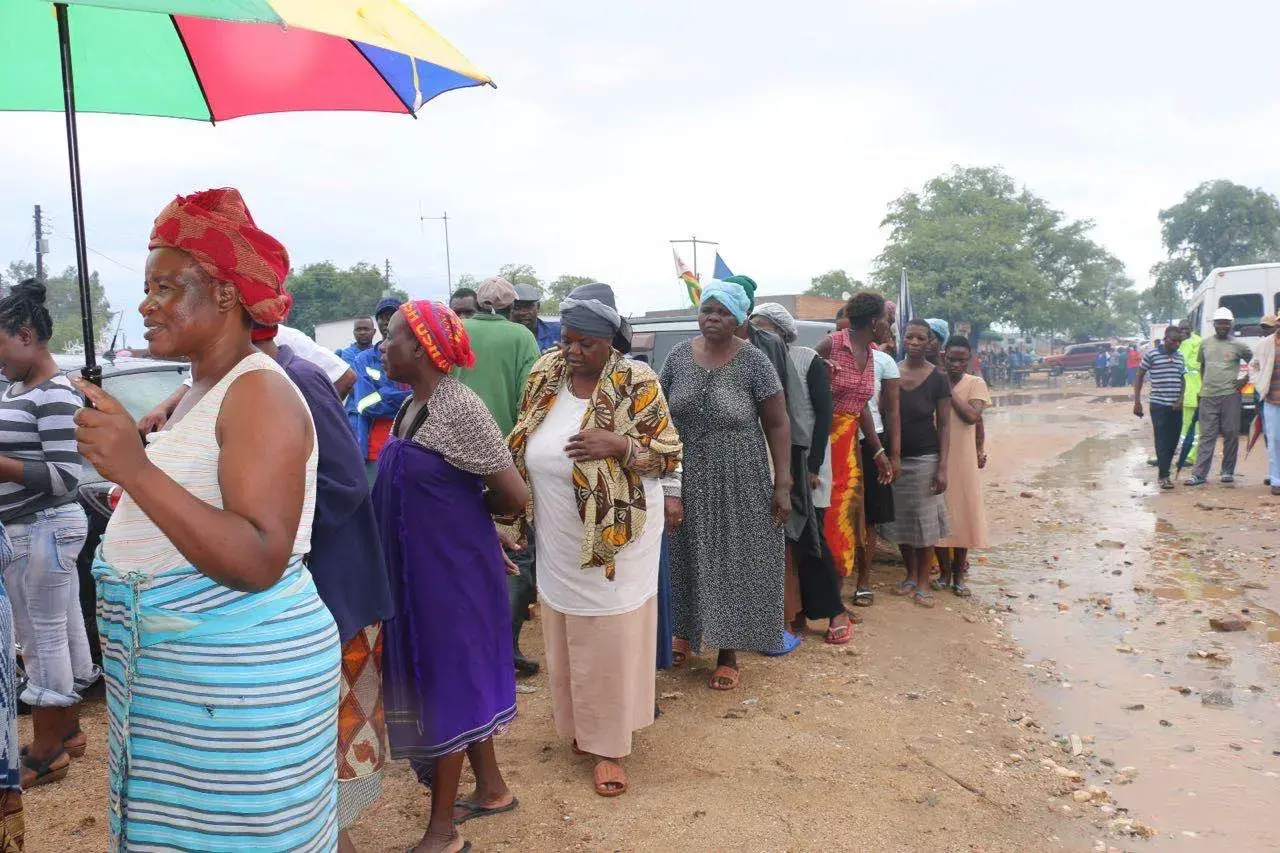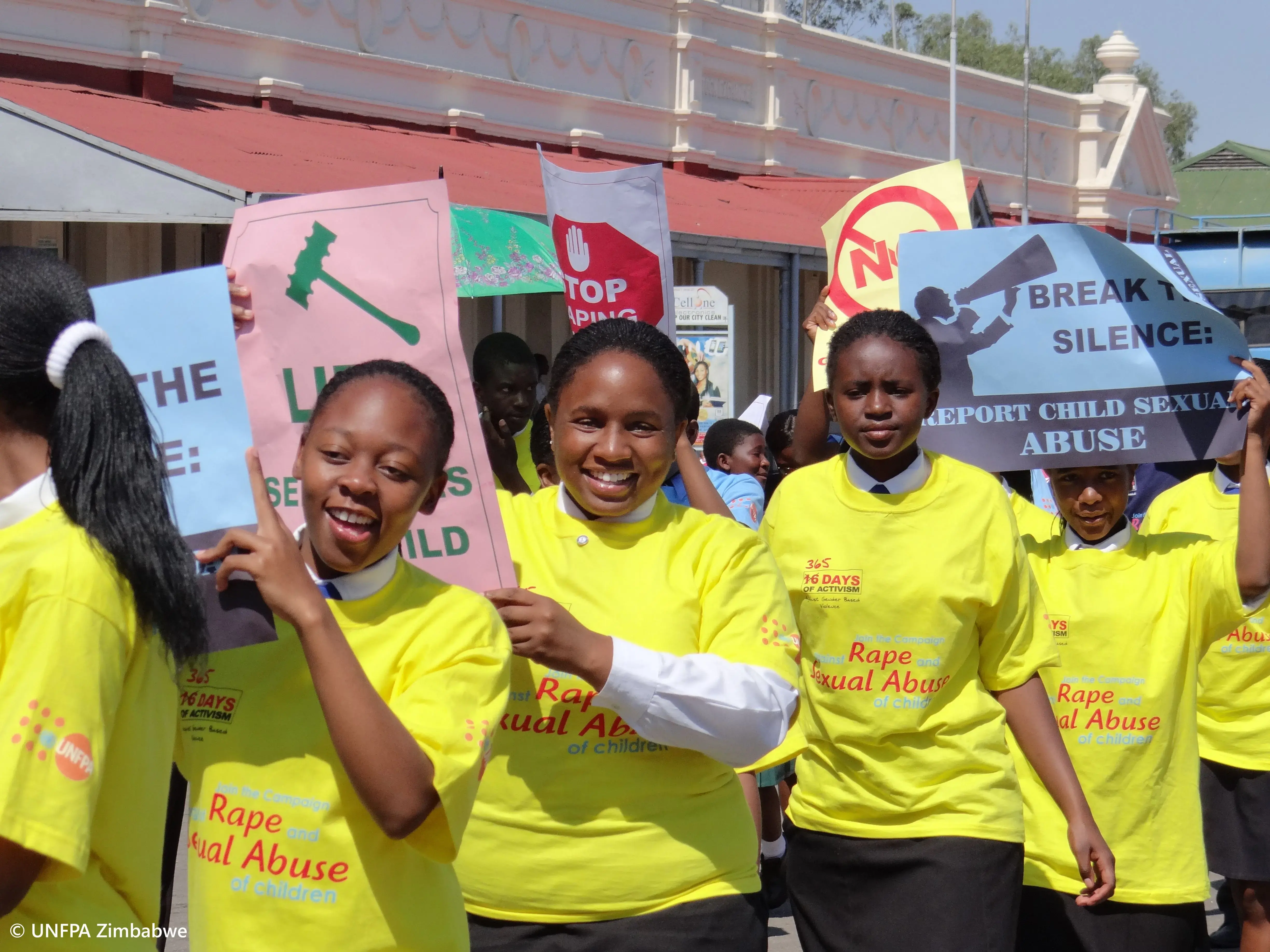Gender-based violence (GBV) is a universal phenomenon. Globally, one in three women experiences either intimate partner violence or non-partner sexual violence during their lifetime (WHO). GBV ranges from physical, sexual, emotional and other family violence to female genital mutilation (FGM), child marriage, early childbearing, trafficking and sexual violence as a weapon of war.
Read female genital mutilation: frequently asked questions
GBV has serious consequences for women’s physical health, as well as their sexual and reproductive health, and mental health. It is a fundamental violation of women’s human rights and has adverse economic and social consequences for men, women, their children, families and communities.
The East and Southern Africa region has high rates of sexual violence against women and girls. In seven countries, around 20 per cent of those aged 15 to 24 years reported they had experienced sexual violence from an intimate partner. Sexual violence against early adolescents aged 15 years and below is highest in the conflict and post-conflict countries of the DRC, Mozambique, Uganda and Zimbabwe.
The high rate of violence against women and girls (VAW) in the region is maintained by the persistence of harmful gender norms, alcohol use and overall increased poverty, violence in urban slum areas and conflict areas. Partner violence and the fear of abuse prevent girls from refusing sex and jeopardize their ability to negotiate condom use, studies in sub-Saharan Africa have found.
GBV needs to be addressed especially in emergency situations. However, countries in crisis or transition have limited capacity to assess and address GBV, while coordination between humanitarian actors and their national counterparts on GBV tends to be weak.
Most countries in the region do not reflect their commitments – as expressed in numerous international conventions and treaties they are party to – in national legislative policy and action. Even where national legislation on GBV exists, law enforcement agencies such as the police and judiciary are largely unaware of women and children’s rights. In humanitarian crises, there is usually little reference to and funding for GBV prevention and response in emergency plans.
UNFPA in East and Southern Africa supports countries in securing national data on violence against women in order to develop evidence-based programmes to promote and protect women’s rights. At the country level, UNFPA works to strengthen the capacity of health services to address violence against women.
A key aspect is to identify opportunities to provide support and refer women to other services they may need – for example, sexual and reproductive health services (e.g. antenatal care, family planning, post-abortion care) or HIV testing, and mental health and emergency services post-rape care. In this, reproductive health services are viewed as a critical entry point to violence before it hits.
The engagement of men and boys is critical and proven effective in GBV prevention and response, as well as securing better health outcomes for men, women, boys and girls.





